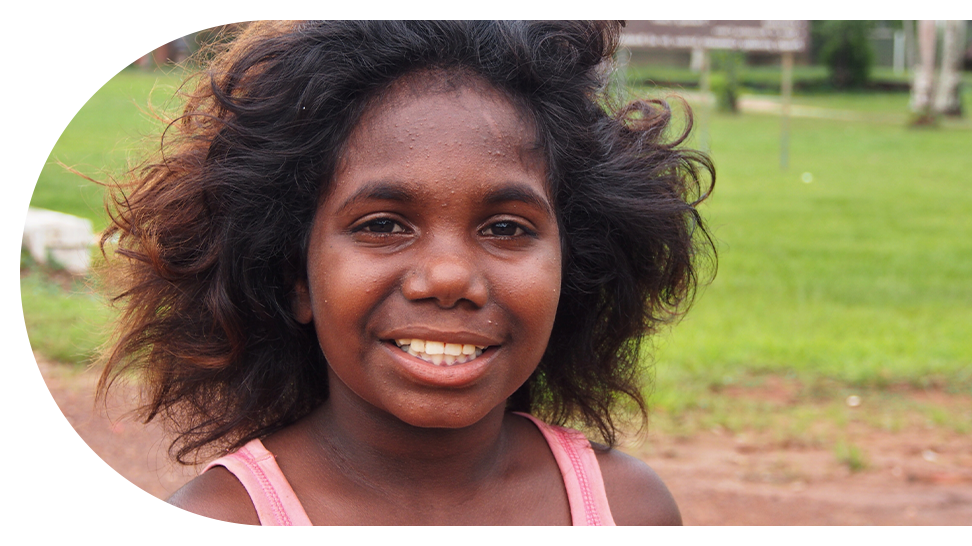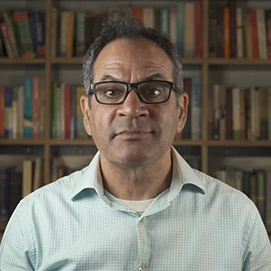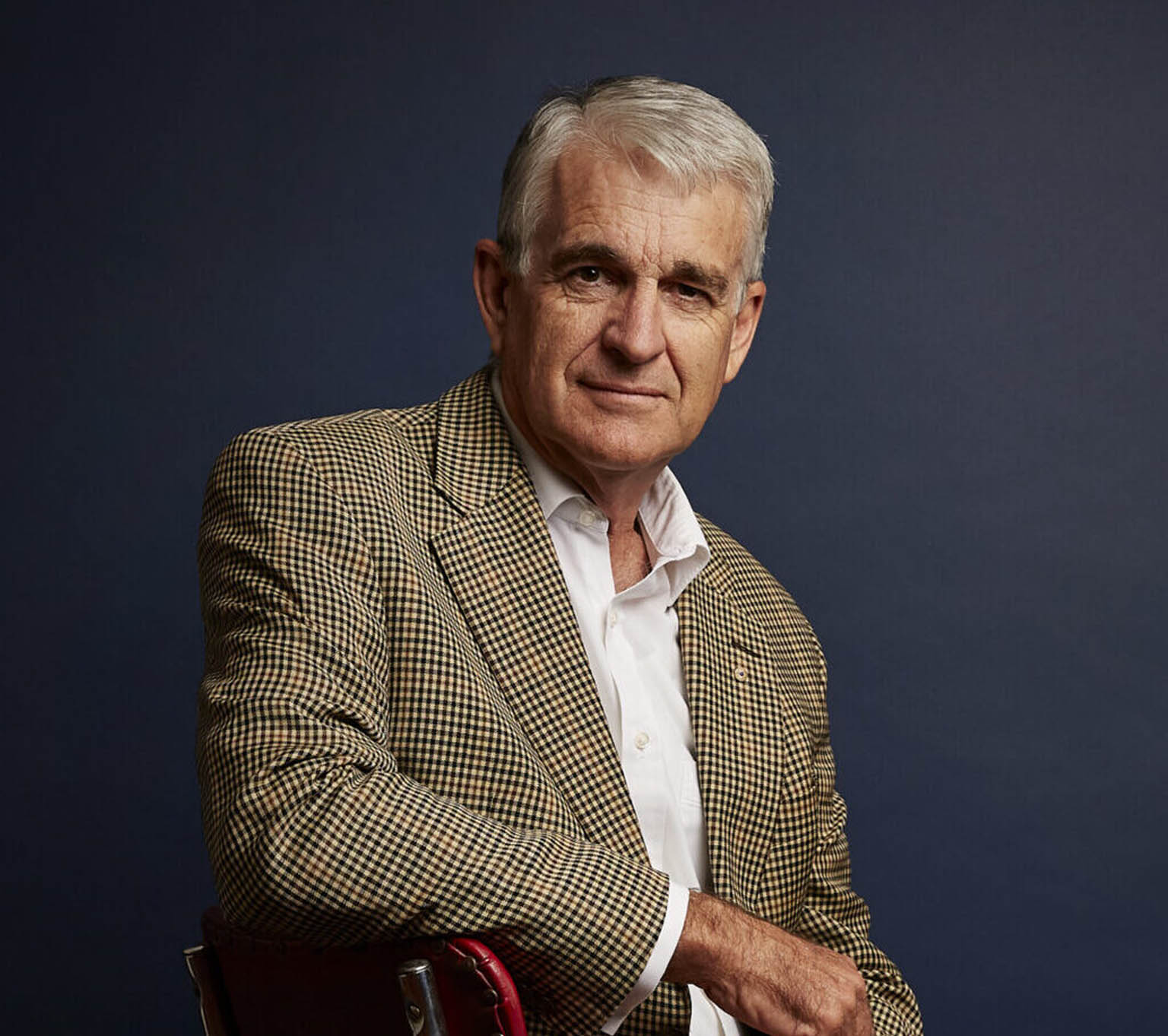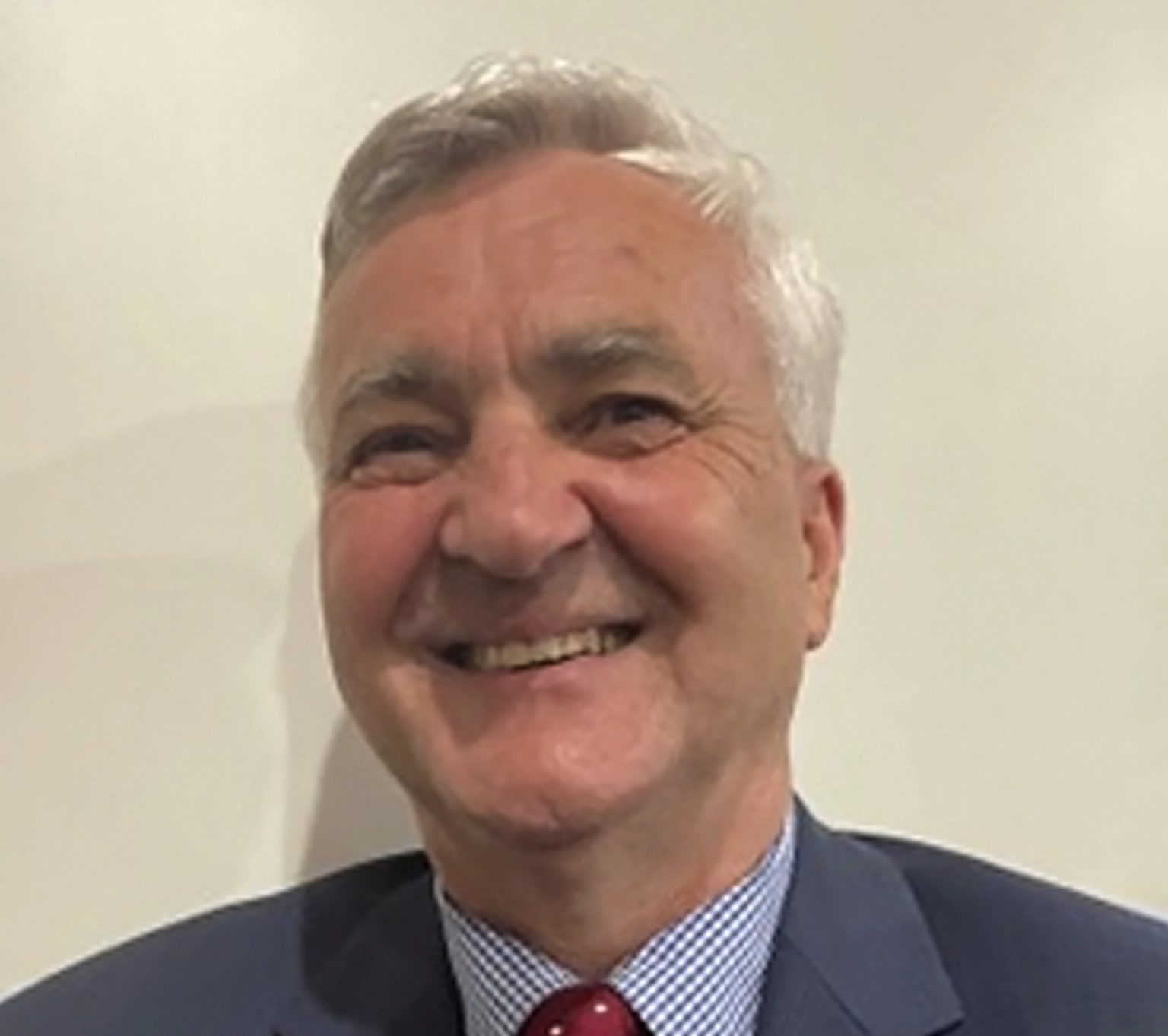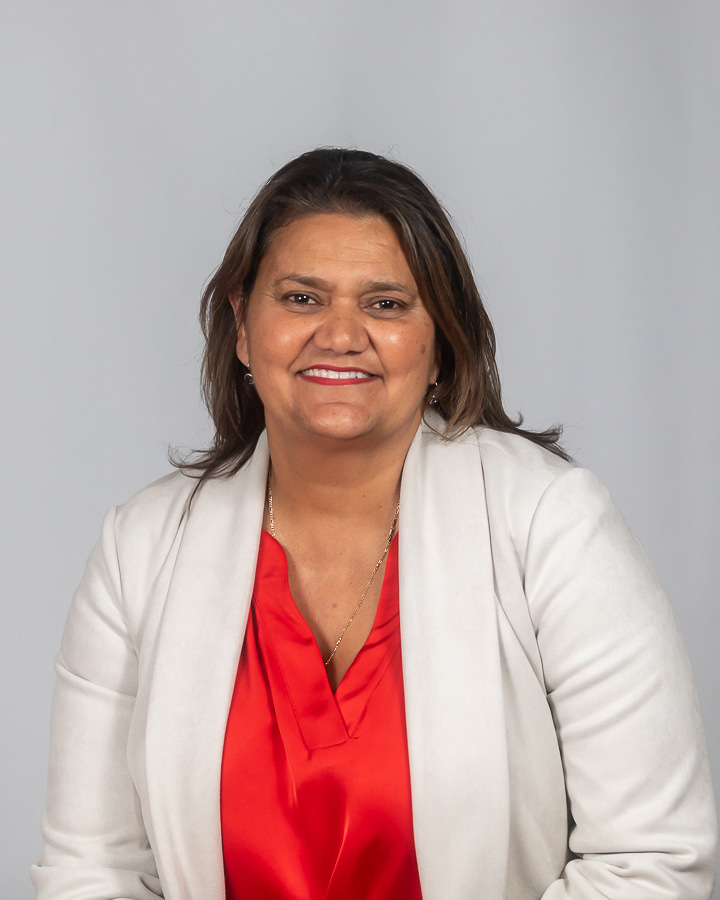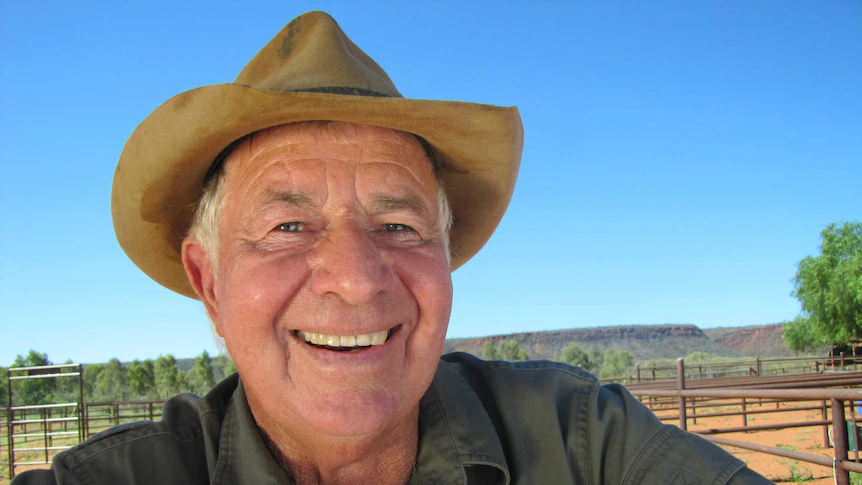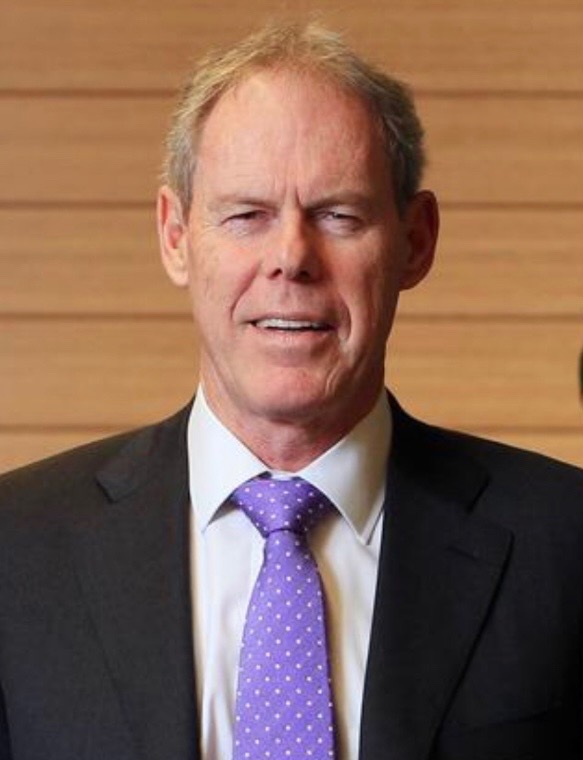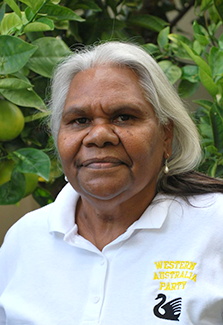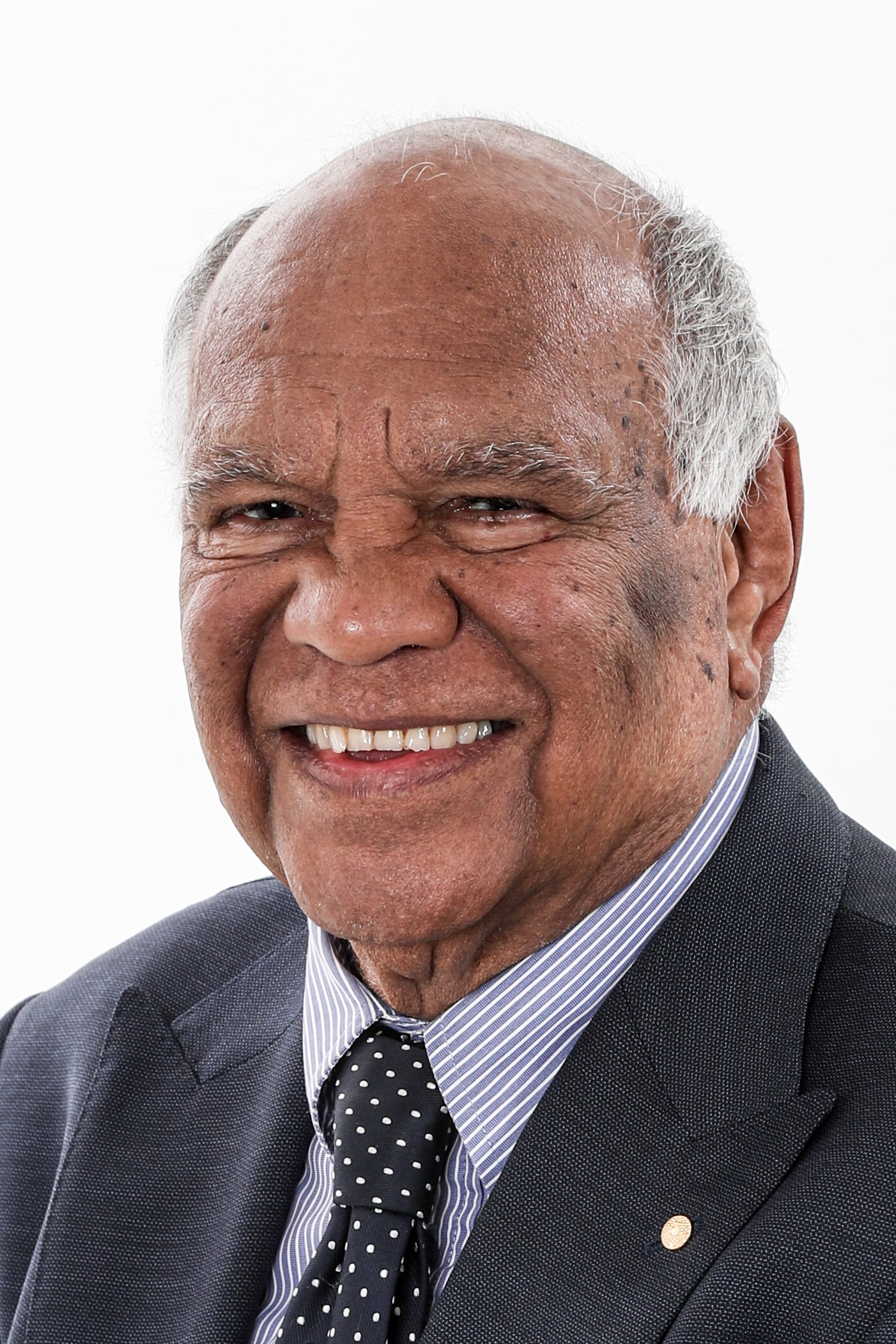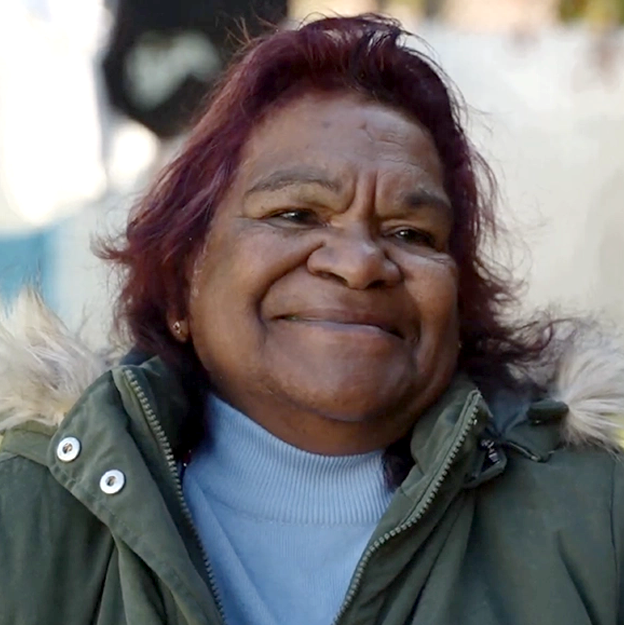As a multidisciplinary researcher with a focus on psychology,
law, justice and public policy, Samara McPhedran holds degrees
in psychology and law.
With a prolific publication record, Dr McPhedran has
contributed over 100 articles, chapters, reports, and
presentations on topics such as mental health, suicide,
homicide, and domestic violence.
Having held research, policy, and program management positions
in government, academia and the private sector, including as
the Founding Director of the Griffith University Homicide
Research Unit, she is recognised for her expertise.
Samara has provided counsel to government, community groups,
and service providers, including providing recommendations on
enhancing wellbeing and preventing suicide among young
Indigenous people.
She is dedicated to evidence-based recommendations, actively
participating in advisory groups and contributing to policy
and legislative changes.
As our research fellow, Dr McPhedran will contribute to
shaping a strategic research agenda, identifying knowledge
gaps and ways to address them, and building evidence around
Aboriginal wellbeing and outcomes.

